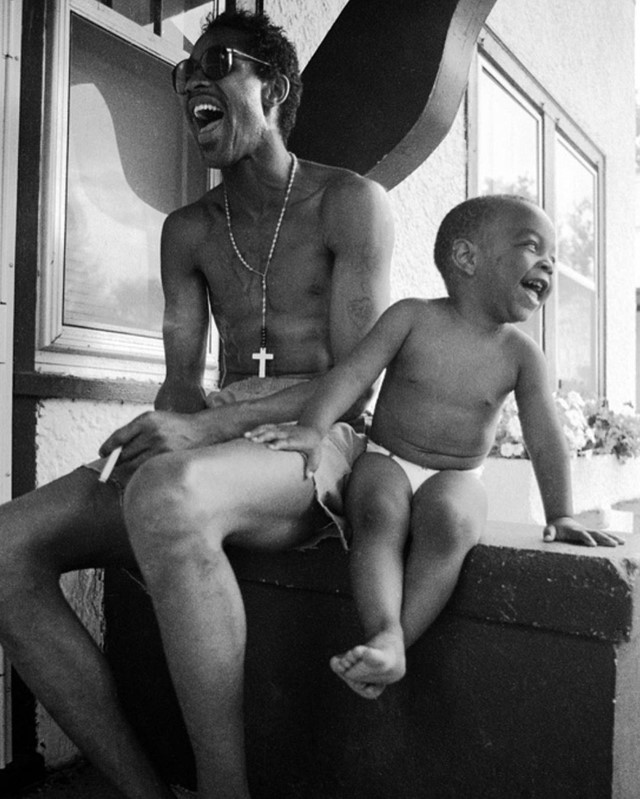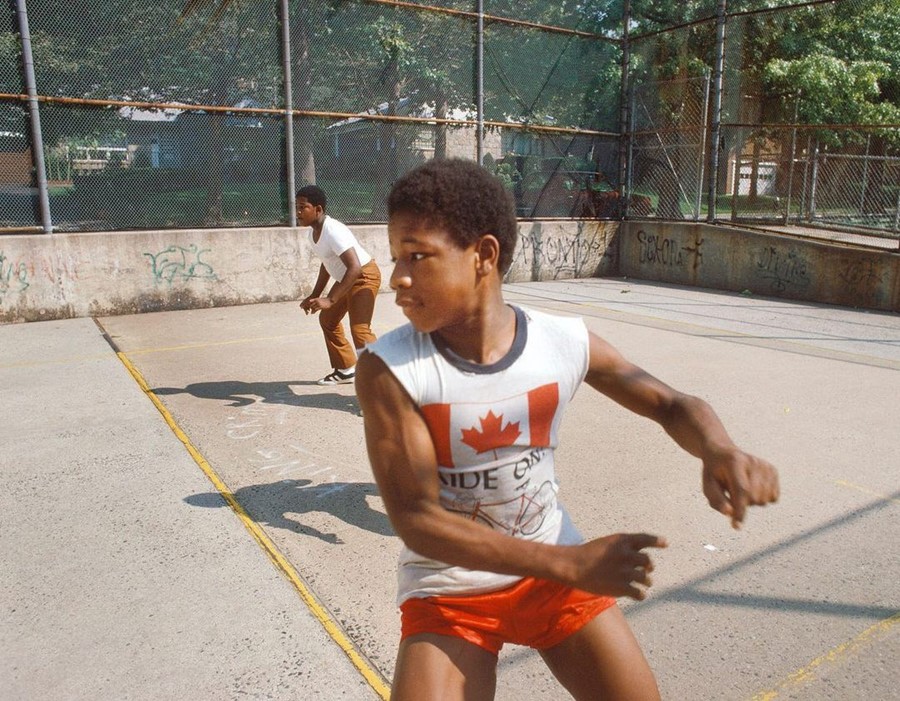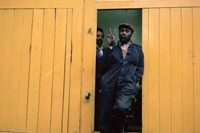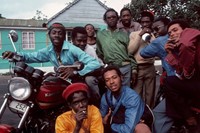Renata Cherlise’s multimedia platform curates archival imagery and video footage to display intimate, nostalgic recollections of the daily Black experience
Inspired by an abundance of unearthed archival content, Atlanta-based creative director Renata Cherlise founded Black Archives, a multimedia platform that spotlights the Black experience, past and present. The project aims to capture everyday scenes of innocence, nostalgia and Black joy – themes that are disproportionately overlooked in typical presentations of the Black experience. “There’s an obligation that I have to recall and retain the stories of my ancestors, known and unknown,” Cherlise tells AnOther. “It helps me to continue my efforts of building the framework of Black Archives.”
The creative inspiration for the platform came from a lifelong interest in imagery and storytelling, as well as Cherlise’s early years in the American South. “There was always an interest in imagery, particularly with family photos and home videos,” she remembers. “Growing up in the 90s, my siblings and I had access to a camcorder, on which we spent a good amount of time recording everything from the everyday moments to the more celebratory, personal achievements. Additionally, I grew up in the South, where there is an abundance of folklore and stories.”
Now based in Atlanta, Georgia, Cherlise’s appreciation for documenting everyday moments has followed her into adulthood. Each image from the Black Archives offers an intimate insight into the daily Black experience, particularly within the contexts of family and community. Black joy also features prominently and consistently throughout the platform; from photos depicting the innocence of children playing in the street and couples dancing in 70s nightclubs, to images offering an insight into the freedom and solace of barbershops and salons.
“Displaying Black joy is intentional,” Cherlise explains. “Creating space to re-frame our narrative is intentional. Previously, I found myself concerned with countering mainstream narratives. However, as the platform has evolved, I have become far less interested in countering stereotypes and more interested in cultivating space – to hold a mirror up so that we can see ourselves and our reflections and to be reminded of who we are and from where we come.”

This is not to suggest that the platform brushes over other realities of the Black experience. “Not every story is one rooted in visible joy but each is a reminder that we were and are here, we lived and live regular and extraordinary lives and that all of these moments are worthy of celebration and acknowledgement,” Cherlise says.
The platform holds an important educational role in Black communities and spaces worldwide. To be able to instantly access a repository of material that centres uplifting social histories of regular Black people is a privilege that many generations have not been able to benefit from. Black Archives allows its viewers to challenge preconceived notions of the Black experience, whilst rejoicing in the abundance of positivity on display.
“I’d like to think of Black Archives as a vessel to remember – through this vessel, we can collectively inspire one another, whilst imagining and reimagining new ways for Blackness to exist.”






